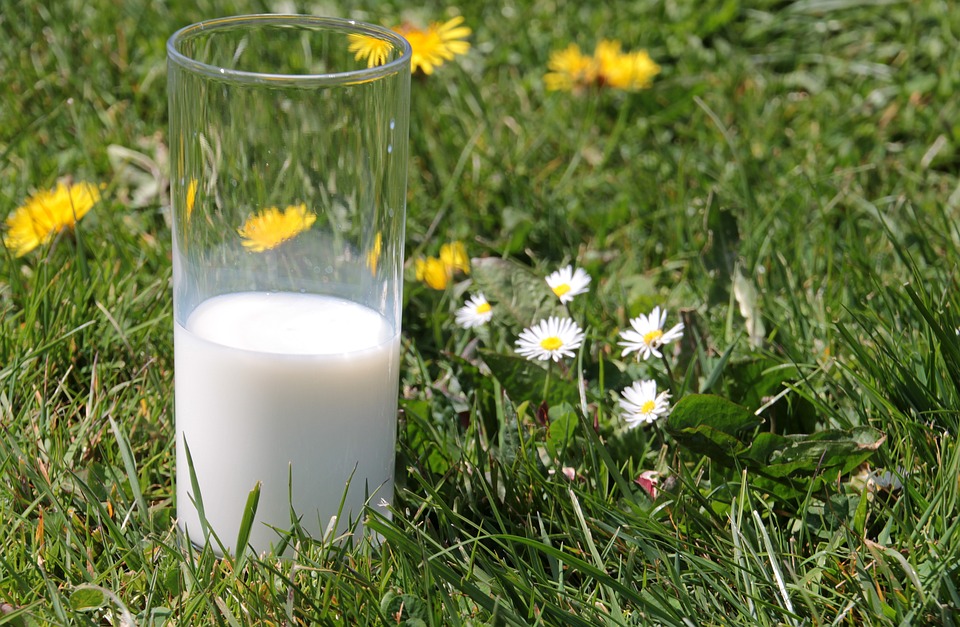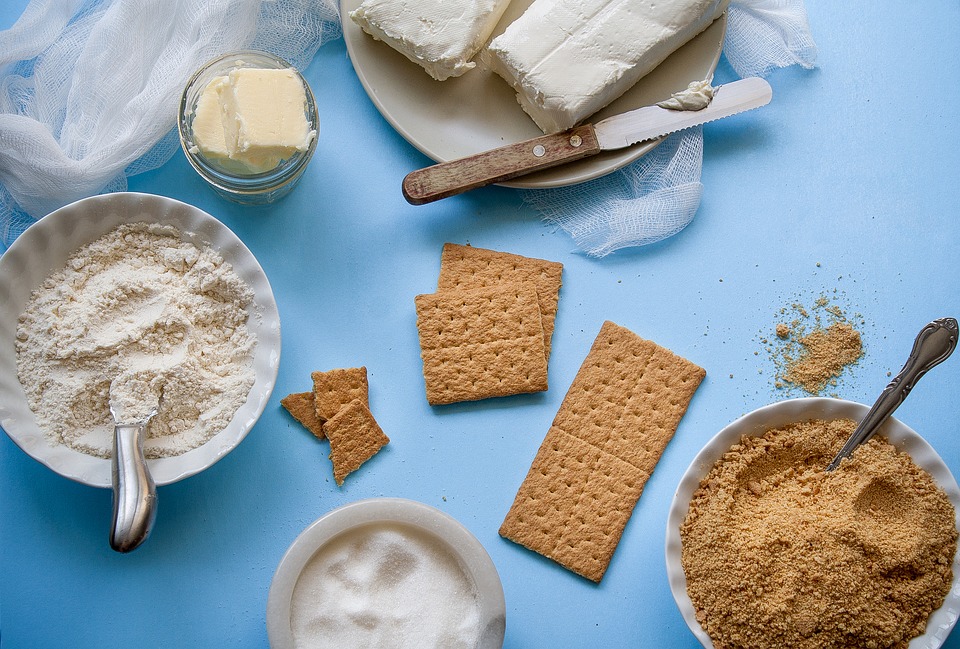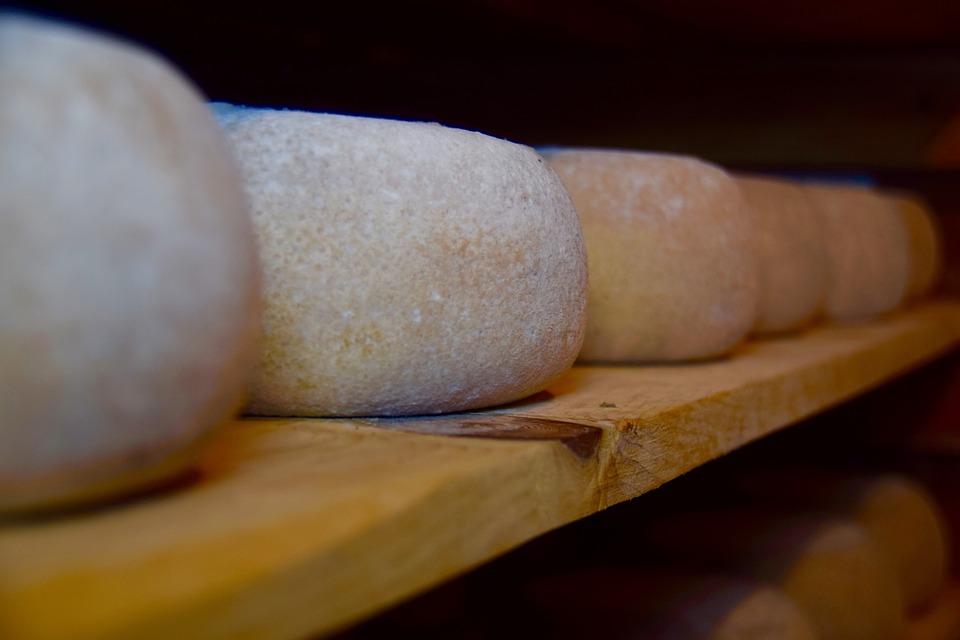This article delves into the age-old question of whether cats can drink milk. We'll explore the reasons why milk, once considered a staple in feline diets, is now often seen as a controversial treat. From the lactose intolerance phenomenon to the potential health risks, we'll examine the complexities surrounding this topic. Prepare to be surprised by the truth behind this seemingly simple question.
Part 1: The History of Milk and Cats

1.1 A Beloved Treat: The Popular Image of Milk and Cats
- From cartoon characters like Garfield to countless memes, milk has been deeply ingrained in the popular imagination as a feline favorite.
- This association is often seen in heartwarming images of cats lapping up a saucer of milk, solidifying the idea that it's a beloved and harmless treat.
- These images have contributed to a pervasive myth that milk is a natural and essential part of a cat's diet, but reality paints a different picture.
1.2 The Evolution of Feline Nutrition: Shifting Perspectives
- While milk was once considered a staple for cats, our understanding of feline nutrition has undergone a significant transformation over the years.
- Scientific research has unveiled the intricate needs of cats, highlighting their obligate carnivorous nature and the specific nutrients they require for optimal health.
- This research challenged the notion that milk is a necessary component of a healthy feline diet, prompting a reevaluation of the popular image of milk as a cat's best friend.
1.3 The Case for Meat-Based Diets: Understanding Feline Biology
- Cats are obligate carnivores, meaning their bodies are designed to thrive on a diet primarily consisting of meat.
- Meat provides essential amino acids, including taurine, which are crucial for various bodily functions, including heart health, vision, and reproductive function.
- Cats lack the necessary enzymes to efficiently digest plant-based matter, making meat the cornerstone of their dietary needs.
Part 2: The Lactose Intolerance Factor

2.1 The Science of Lactose Intolerance: A Deficiency in Digestion
- Lactose intolerance is a common condition in mammals, including cats, resulting from a deficiency in lactase, the enzyme responsible for breaking down lactose, the sugar found in milk.
- As kittens mature, their lactase production naturally declines, leading to varying levels of lactose intolerance.
- This means that while kittens might initially digest milk without problems, they become less tolerant as they age.
2.2 The Uncomfortable Aftermath: The Consequences of Lactose Intolerance
- When lactose isn't properly broken down, it ferments in the intestines, causing digestive distress.
- This can manifest as various symptoms, including diarrhoea, bloating, gas, abdominal pain, and even vomiting.
- The severity of these symptoms varies depending on the individual cat's tolerance level, but even small amounts of milk can cause discomfort for many cats.
2.3 The Impact of Breed: Variations in Lactose Tolerance
- While lactose intolerance is common, some cat breeds are known to have a higher tolerance for lactose, primarily due to continued lactase production.
- Siamese cats are often cited as an example of a breed that tends to have a higher tolerance for lactose.
- However, even in these breeds, excessive milk consumption can still lead to digestive issues, emphasizing the importance of individual observation.
2.4 The Role of Individual Observation: Recognizing Your Cat's Tolerance
- It's crucial to observe your cat's response to milk to determine their individual tolerance level.
- Pay attention to any signs of digestive discomfort after consuming milk, such as diarrhoea, bloating, or lethargy.
- If you notice any negative reactions, it's best to avoid giving milk to your cat and consider alternative treats or milk substitutes.
Part 3: The Nutritional Value of Milk for Cats

3.1 Limited Nutritional Benefits: Milk's Role in a Feline Diet
- While milk contains some nutrients like calcium and vitamin D, it lacks essential amino acids, particularly taurine, which is crucial for feline health.
- Milk is also low in protein, essential for muscle growth and maintenance, and other vital nutrients that cats need to thrive.
- The limited nutritional value of milk doesn't meet the comprehensive dietary requirements of a cat, making it an inadequate food source.
3.2 Potential Nutritional Deficiencies: The Risks of Relying on Milk
- Excessive milk consumption can lead to nutritional deficiencies, especially in essential amino acids like taurine.
- These deficiencies can lead to various health problems, including muscle weakness, vision problems, reproductive issues, and even heart problems.
- A balanced, meat-rich diet is essential for ensuring that cats receive all the nutrients they need for a healthy life.
3.3 The Power of Commercial Cat Food: A Scientifically Balanced Solution
- Commercial cat food formulations are carefully designed to meet the specific nutritional needs of cats.
- These foods provide a balanced blend of essential nutrients, including protein, taurine, and other vital vitamins and minerals, ensuring optimal health and well-being.
- While occasional treats are acceptable, relying solely on milk as a primary food source is detrimental to a cat's health.
Part 4: The Health Risks of Milk Consumption
4.1 Potential for Urinary Tract Issues: Calcium's Role in Stone Formation
- Milk contains high levels of calcium, which can contribute to the formation of urinary stones in cats.
- These stones can block the urinary tract, causing pain, difficulty urinating, and potential life-threatening complications.
- Limiting milk consumption can help reduce the risk of developing urinary tract issues.
4.2 Gastrointestinal Upset and Diarrhoea: The Digestive Distress of Lactose Intolerance
- As mentioned earlier, lactose intolerance can lead to digestive discomfort and diarrhoea.
- This can result in dehydration, electrolyte imbalance, potential weight loss, and even malnutrition.
- Observing your cat's response to milk is crucial to avoid these complications and ensure their digestive health.
4.3 Obesity and Weight Management: Milk's High Calorie Content
- Milk is high in calories and fat, which can contribute to weight gain in cats, particularly when given in excess.
- Obesity can lead to various health problems, including joint strain, diabetes, heart disease, and a shorter lifespan.
- Maintaining a healthy weight through a balanced diet and exercise is essential for your cat's longevity and overall well-being.
Part 5: Alternatives to Milk
5.1 Cat-Specific Milk Substitutes: A Safe and Nutritious Option
- Several commercially available milk substitutes are designed specifically for cats, formulated to be lactose-free and nutritionally balanced.
- These substitutes often contain essential nutrients like taurine, vitamins, and minerals, providing a safe and healthy alternative to cow's milk.
- Consult your veterinarian for recommendations on suitable milk substitutes that meet your cat's individual needs.
5.2 Healthy Treats for Cats: Beyond Milk
- Instead of milk, consider offering your cat other healthy treats, such as small pieces of cooked chicken or fish, ensuring they are cooked thoroughly.
- Commercial cat treats are also available, ensuring they meet specific nutritional guidelines and are safe for feline consumption.
- Remember to keep treats in moderation to avoid weight gain and other health issues, and to choose treats that are appropriate for your cat's age and health condition.
Part 6: When Milk Might Be Acceptable
6.1 Kittens and Mother's Milk: The Natural Nourishment of Early Life
- Kittens rely on their mother's milk for nourishment and immunity during their first few weeks of life.
- Mother's milk provides essential antibodies and nutrients that support their development and help build their immune system.
- However, as kittens mature, their need for mother's milk diminishes, and weaning onto solid food becomes necessary.
6.2 Milk as a Limited Treat: A Cautious Approach
- In rare cases, a small amount of milk might be offered as an occasional treat for cats with a high tolerance, always under the guidance of a veterinarian.
- This should always be done with caution, observing your cat's reaction closely, and avoiding excessive consumption.
- Excessive consumption can lead to digestive issues and other health complications, so it's best to err on the side of caution.
Part 7: Conclusion
- The myth of milk being a staple in a cat's diet has been debunked by scientific understanding and nutritional guidelines.
- Lactose intolerance, limited nutritional value, and potential health risks associated with milk consumption highlight the importance of choosing alternative options.
- Providing a balanced, meat-rich diet and considering cat-specific milk substitutes is crucial for ensuring your feline companion's health and well-being.
Part 8: FAQs
8.1 Can I give my cat cow's milk?
While some cats may tolerate small amounts of cow's milk, it's generally not recommended due to its high lactose content and limited nutritional value. Cow's milk can cause digestive upset and other health issues in cats. It's best to avoid cow's milk altogether and opt for lactose-free alternatives or cat-specific milk substitutes.
8.2 Is it okay to give my kitten milk?
Kittens rely on their mother's milk for nourishment, but as they mature, their need for milk decreases. After weaning, it's crucial to transition them onto a solid food diet. If you are considering giving milk to a kitten, consult your veterinarian for guidance on suitable alternatives and feeding schedules.
8.3 What are the best alternatives to milk for cats?
Lactose-free milk substitutes specifically designed for cats are readily available. These substitutes are formulated to provide essential nutrients and are generally well-tolerated by cats. You can also consult your veterinarian for recommendations on other suitable alternatives.
8.4 Can milk cause my cat to vomit?
Yes, milk can cause vomiting in cats, particularly if they are lactose intolerant. The fermentation of lactose in the intestines can lead to discomfort and nausea, triggering vomiting. If your cat vomits after consuming milk, it's best to avoid giving it milk in the future.
8.5 My cat loves milk, can I give it to them in moderation?
While some cats may enjoy milk, it's crucial to remember that it offers limited nutritional value and can pose health risks. Giving milk in moderation should be avoided, as even small amounts can cause digestive upset and other complications.
8.6 Can I give my cat goats' milk?
Goats' milk contains less lactose than cow's milk, making it potentially more digestible for some cats. However, it's still not a recommended alternative due to its limited nutritional value and potential for digestive issues. It's best to stick to cat-specific milk substitutes or other healthy treats.
8.7 My cat drinks milk and seems fine. Is it really that bad?
While some cats might appear to tolerate milk without showing immediate adverse reactions, the long-term effects of milk consumption can still be detrimental to their health. The risks of developing digestive issues, urinary problems, and obesity increase with regular milk intake, even in seemingly tolerant cats. It's best to err on the side of caution and prioritize a healthy, balanced diet that meets your cat's specific nutritional needs.
Everyone is watching
-

Are Cat Ribs Flexible? Understanding Their Anatomy
CATS & KITTENSThis article delves into the fascinating world of feline anatomy, exploring the flexibility of cat ribs and ho...
-

Can Cats Eat Bananas? (Everything You Need to Know)
CATS & KITTENSThis article dives into the intriguing question of whether cats can safely enjoy the sweet, yellow fruit, bana...
-

Cat Lifespan: How Long Do Cats Live?
CATS & KITTENSThis comprehensive guide explores the factors influencing the lifespan of our feline companions, providing ins...
-

Can Cats Get COVID-19? What You Need to Know
CATS & KITTENSThis article will delve into the fascinating world of feline COVID-19 susceptibility. We'll explore whether ca...
-

Can Cats Eat Eggs? A Complete Guide to Egg Safety for Your Feline Friend
CATS & KITTENSWhen it comes to treating our furry companions, we all want to ensure we're doing what's best for them. Eggs...
